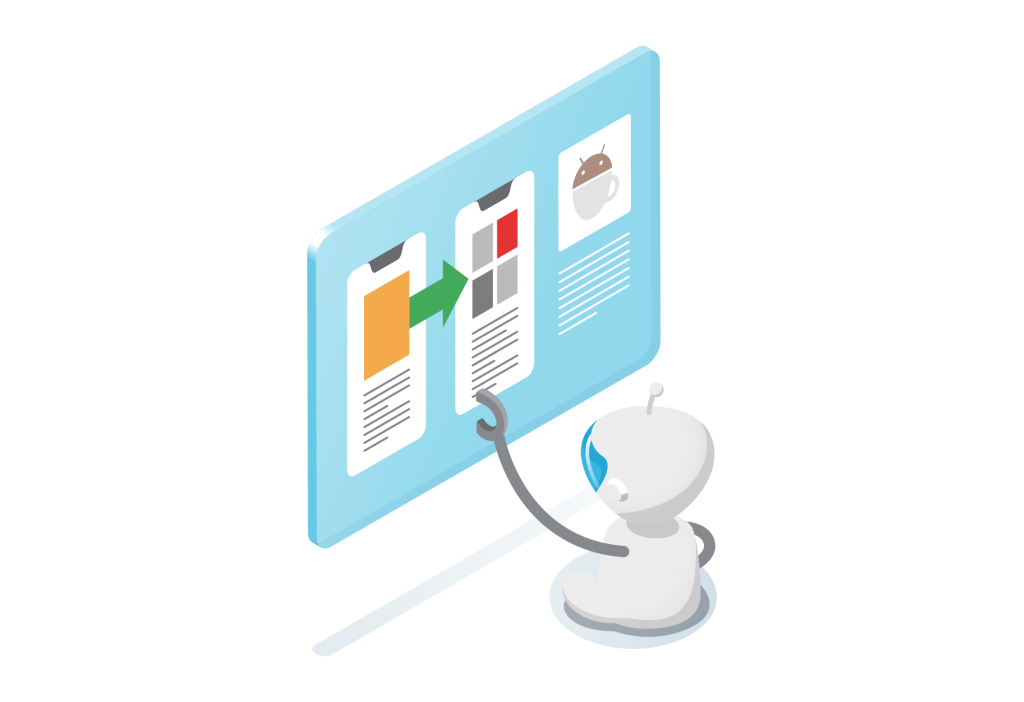
Appium vs Espresso
An important aspect of mobile app development process, mobile app testing has grown dynamically over the years which has resulted in quality solutions, controlled time cycles and cost schedules. But in order to provide an application free from defects, selecting an automation testing framework that caters to your application is necessary. There are plethora of frameworks available in the market, but in this blog we will discuss about Appium and Espresso in detail.
APPIUM
A cross-platform mobile app automation testing framework, Appium permits native, hybrid and web app testing and supports tests on physical devices as well as emulators or simulators. The Appium server utilizes selenium web driver which grants stage autonomy and enables the client to utilize a similar code for Android or iOS.
Advantages of Appium are:
- Facilitates test execution without server machines
- Does not require app code recompilation
- Provides a record and playback tool
Espresso

Espresso is a tool created by Google which is utilized for testing the UI of Android applications. It automatically coordinates your test activities with the UI of the mobile application and guarantees that the activity starts prior to the tests run.
Advantages of Espresso are:
- Integration with Gradle
- Test Orchestrator
- Less flakiness
CONCLUSION
Appium and Espresso both are equally efficient in their own way, and can be used to perform UI testing on Android app but you have to pick one basis your requirement. Testing professionals who want to perform UI testing for their local Android application should choose Espresso. Although, if the test has to support iOS and Android both and you want to test at a functional level then you can go for Appium.
